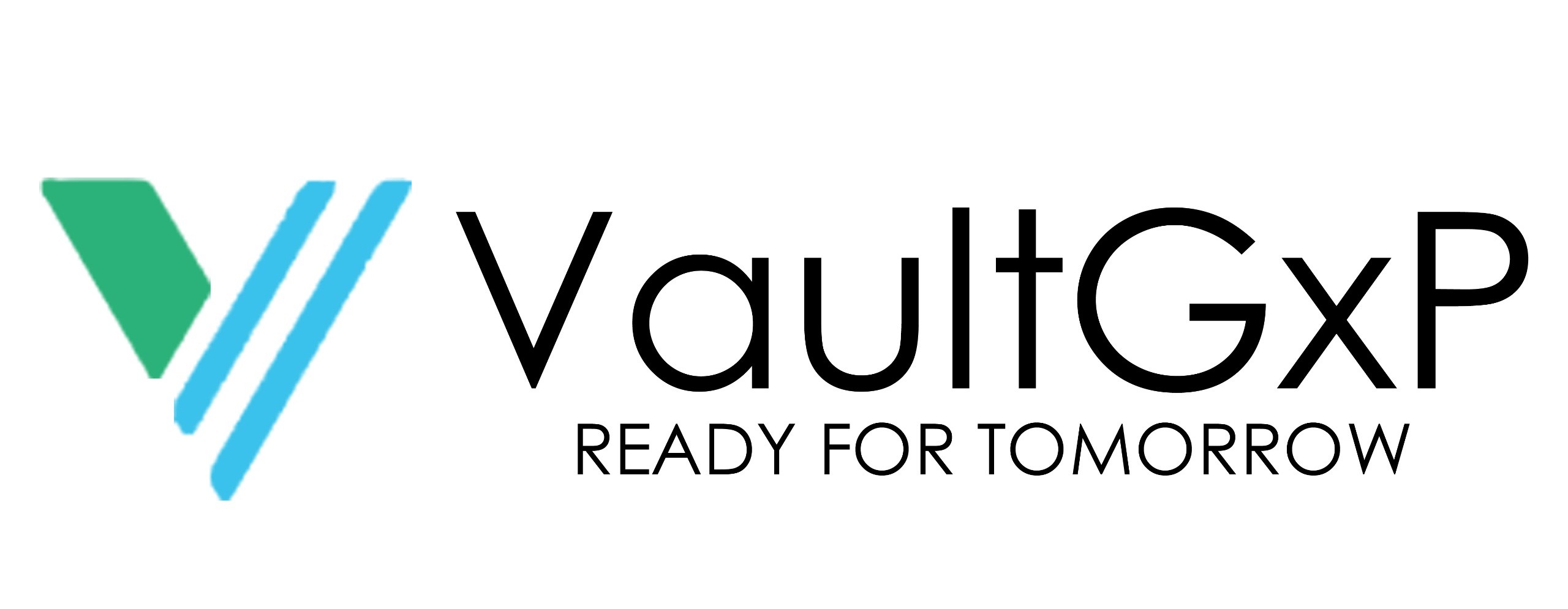
VaultGXP is your all-in-one Digital Pharma Solution

ELECTRONIC LOGBOOKS
Electronic logbooks (e-logbooks) are digital systems that replace traditional paper-based logbooks, offering a more efficient and secure way to record, manage, and analyze data in various industries. These systems are particularly beneficial in manufacturing, pharmaceuticals, and regulated industries where data integrity and traceability are crucial.
- Digital-First Approach to Daily Operations
- Consistent Records-Compliant Processes
- From Routine Logs to Quality Insights.
Digital-First Approach to Daily Operations
VaultGxP’s E-Logbooks offer a modern, compliant alternative to traditional paper logbooks used in laboratories, manufacturing, and quality control environments. Whether for equipment usage, cleaning records, environmental monitoring, or shift handovers, the platform captures routine entries in a structured, secure, and time-stamped manner. It eliminates manual errors, enhances operational visibility, and ensures that logs are consistent, reviewable, and audit-ready—supporting day-to-day activities with greater accuracy and control.

Consistent Records. Compliant Processes
Every log entry in VaultGxP’s E-Logbook is governed by defined templates, workflows, and access controls. Role-based authentication, electronic signatures, and built-in review mechanisms ensure only authorized users can make or verify entries. With automatic reminders for due tasks and alerts for missed entries, teams stay aligned with SOPs and regulatory expectations. This structured approach supports GxP, ALCOA+, and data integrity guidelines—making compliance a seamless part of routine operations.
From Routine Logs to Quality Insights.
The E-Logbook is more than just a digital replacement—it's a strategic tool that transforms operational data into actionable insights. With searchable records, trend analysis, and integration potential with other VaultGxP modules, teams can detect deviations, identify inefficiencies, and support continuous improvement. By digitizing and centralizing logs, organizations gain better traceability, reduce documentation burden, and improve audit preparedness—laying the foundation for smarter, quality-driven operations.












